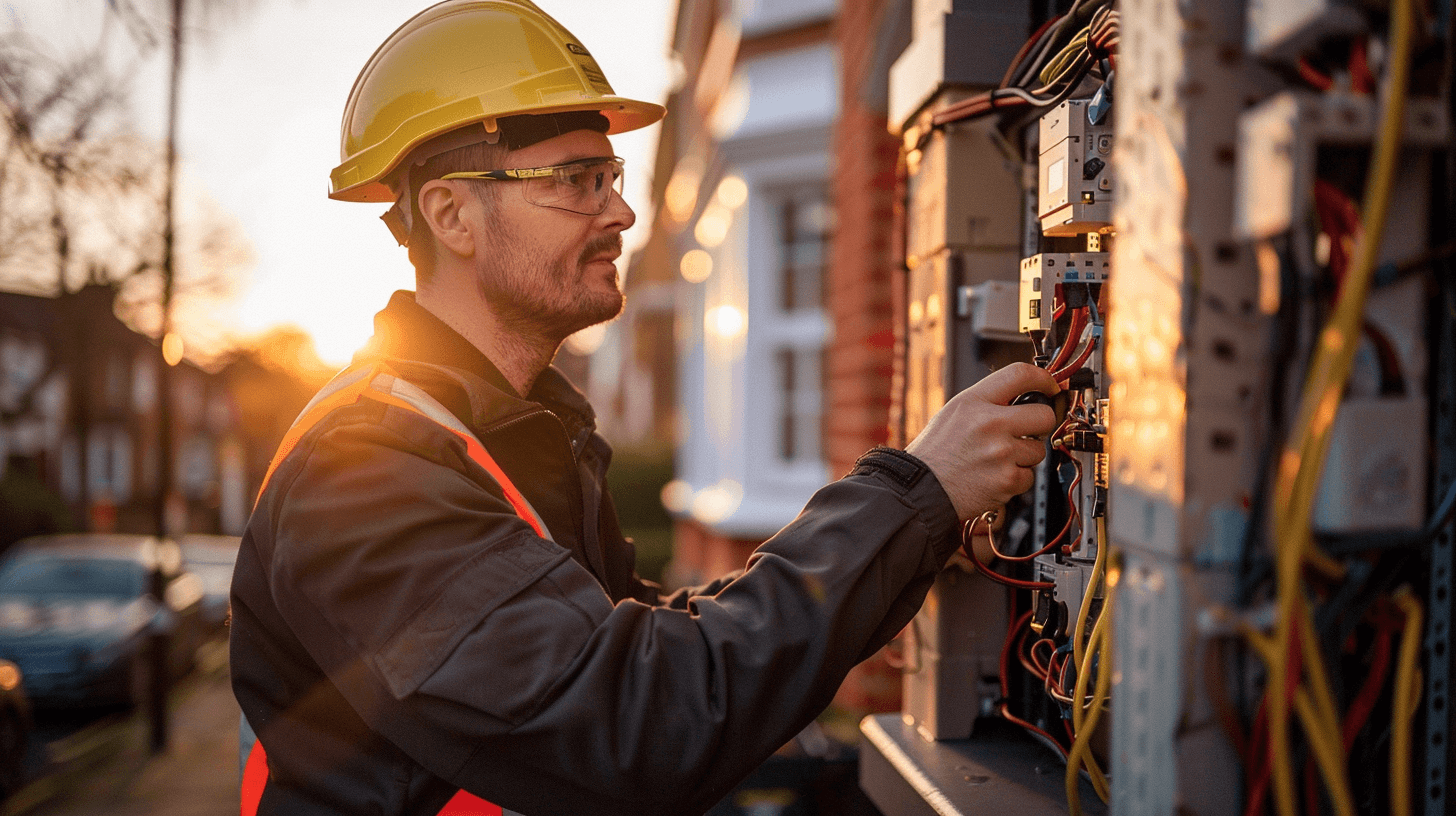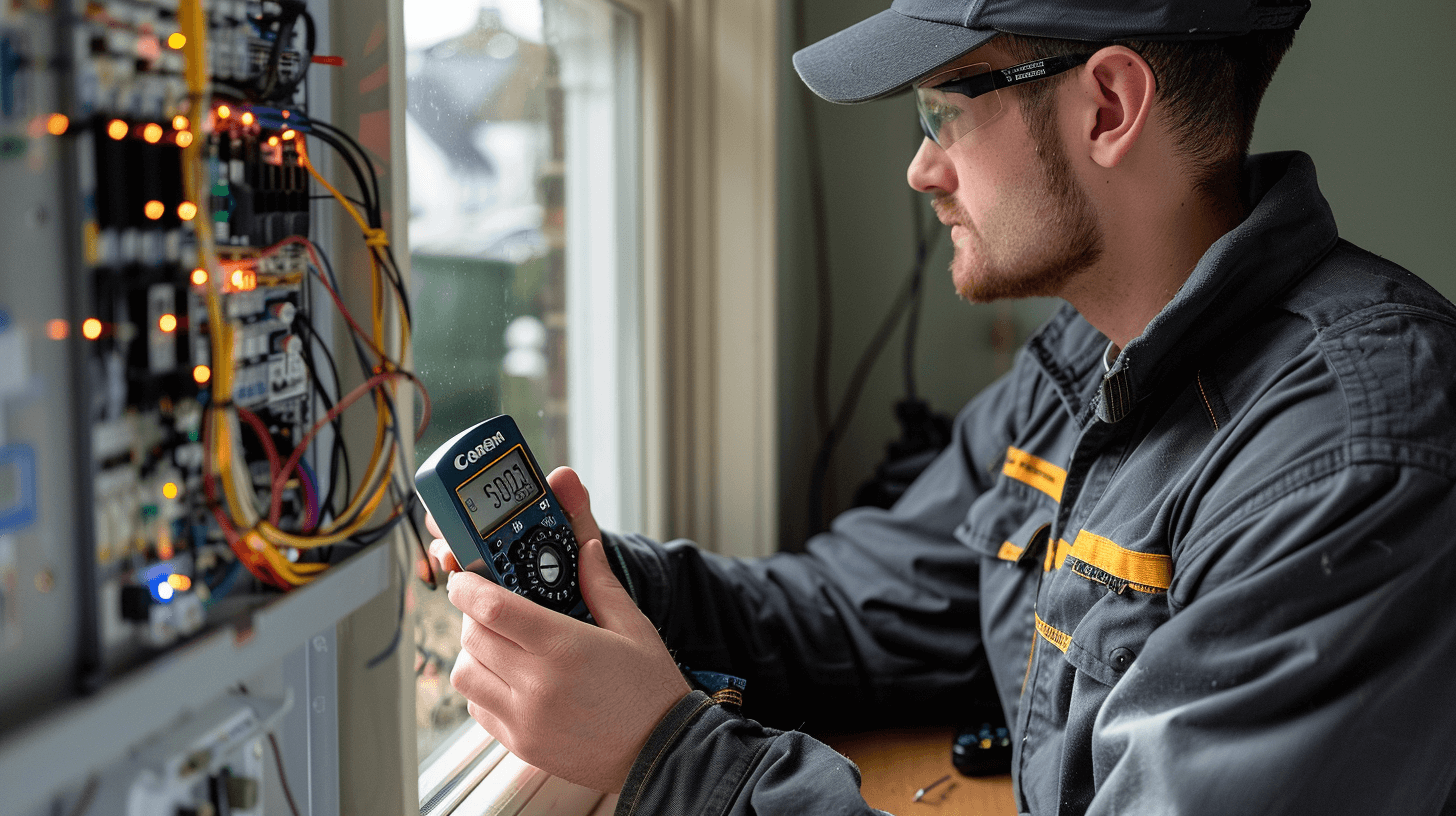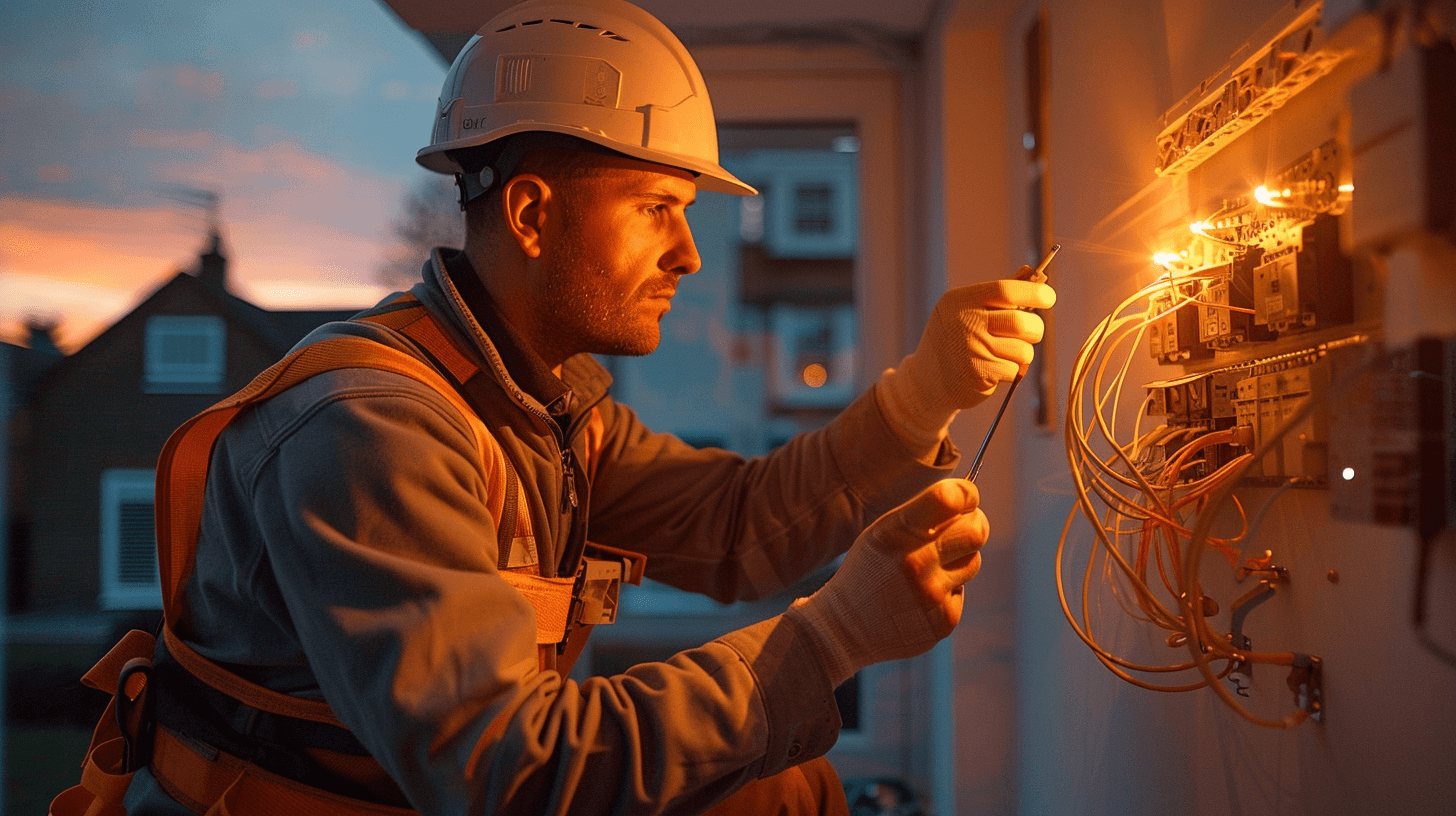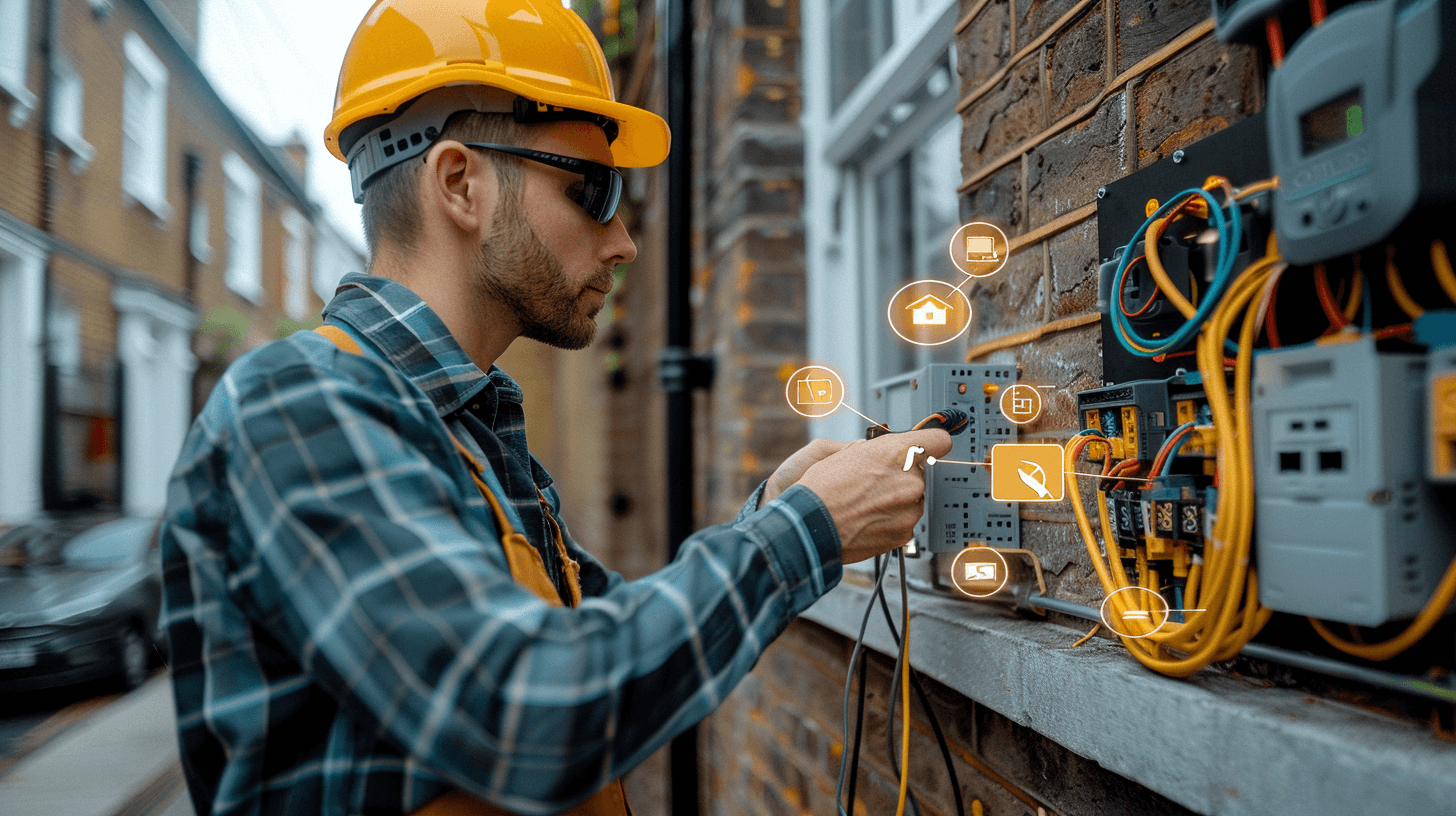When assessing your home’s electrical system, certain signs may indicate it’s time for an upgrade. If you’re experiencing flickering lights, frequent circuit breaker trips, or a persistent buzzing sound from the panel, these are clear warnings that your system may be outdated. Additionally, if your property still relies on a fuse box or you have noticed scorch marks on outlets, it’s crucial to consider an electrical upgrade for safety and efficiency.
Enhancing Property Safety

An electrical upgrade significantly enhances the safety of your property. By replacing old wiring and outdated components, you reduce the risk of electrical fires and shocks. Modern circuit breakers, including Arc Fault Circuit Interrupters (AFCI) and Ground Fault Circuit Interrupters (GFCI), provide superior protection against common electrical hazards, ensuring a safer living environment.
Support for Modern Electrical Demands

Today’s homes are filled with high-tech devices and appliances that demand more power than older systems can safely provide. An upgraded electrical system supports these modern electrical demands with improved capacity and efficiency. This ensures that you can operate your devices without overloading the system, which could lead to outages or damage.
Long-Term Benefits of an Electrical Upgrade

Investing in an electrical system upgrade offers long-term benefits, including increased energy efficiency, which can lead to lower utility bills. Additionally, an upgraded system can boost your property’s value and may result in reduced home insurance premiums. By future-proofing your home with a modern electrical system, you’re also preparing for upcoming technological advancements, such as electric vehicle charging stations and smart home integrations.
Conducting an Electrical Load Analysis

To determine the capacity of your electrical system, an Electrical Load Analysis is essential. This process involves calculating the total power used by all appliances and devices in your home, ensuring that your system can handle the demand without overloading. Professionals use ammeters and historical consumption data to assess your system’s load accurately.
Risks of Insufficient Electrical Capacity
Insufficient electrical capacity poses significant risks, including the potential for circuit overloads, which can lead to electrical fires or damage to appliances. An overtaxed system may also result in frequent tripping of circuit breakers, indicating that your system is struggling to meet electrical demands.
Identifying Safety Hazards
Potential safety hazards in an outdated electrical system include outdated wiring, lack of ground-fault circuit interrupters (GFCIs), and absence of arc-fault circuit interrupters (AFCIs). Warning signs such as flickering lights, buzzing sounds, or a burning smell should prompt immediate inspection.
Importance of Code Compliance
Compliance with current electrical codes is not just a legal requirement; it ensures that your electrical system adheres to safety standards that protect you from hazards. Code-compliant systems incorporate the latest safety technologies and are designed to handle today’s electrical loads efficiently.
Reducing Risks with Electrical Upgrades

Upgrading your home’s electrical system is a proactive step toward mitigating the risks of electrical fires and shocks. Modern electrical standards have evolved to include advanced safety features that older systems lack.
Updated Circuit Breakers and Surge Protection
The installation of contemporary circuit breakers, such as Arc Fault Circuit Interrupters (AFCIs) and Ground Fault Circuit Interrupters (GFCIs), is a critical aspect of an electrical upgrade. AFCIs protect against electrical arcs that can lead to fires, while GFCIs prevent electric shock by breaking the circuit when a difference in currents is detected.
Compliance with Safety Standards
An electrical upgrade aligns your home’s system with the latest National Electrical Code (NEC) standards, ensuring enhanced safety measures are in place. This compliance is not only a legal safeguard but also a practical one, providing peace of mind that your electrical system is equipped to handle modern electrical loads safely.
The Role of Tamper-Resistant Outlets
Tamper-Resistant Outlets (TROs) are designed to prevent accidental shocks, particularly in households with children. These outlets have a shutter mechanism that requires equal pressure on both sides to open, making it difficult for foreign objects to be inserted and cause electrical injury.
Enhancing Energy Efficiency Through Electrical Upgrades

Upgrading your home’s electrical system can significantly reduce energy bills. Modern systems are designed to be more energy-efficient, utilising advanced technology to minimise waste and optimise power usage.
The Role of Energy Star Ratings
Energy Star-rated appliances and components are integral to electrical upgrades. These ratings indicate that the equipment meets stringent energy efficiency guidelines set by the U.S. Environmental Protection Agency. Incorporating Energy Star-rated products ensures that your electrical system operates at peak efficiency, leading to cost savings.
LED Retrofitting for Energy Conservation
LED retrofitting involves replacing outdated lighting fixtures with LED technology. LEDs consume up to 75% less energy and last 25 times longer than incandescent lighting, contributing to significant energy savings and reduced maintenance costs.
Environmental Advantages of Efficient Electrical Systems
An efficient electrical system not only lowers energy consumption but also reduces your home’s carbon footprint. By consuming less power, you contribute to decreased greenhouse gas emissions, supporting broader environmental sustainability efforts.












